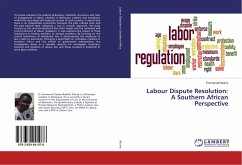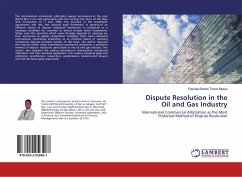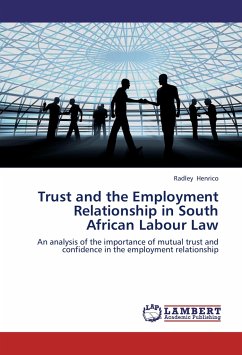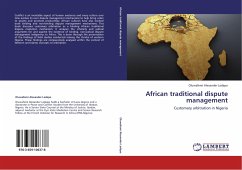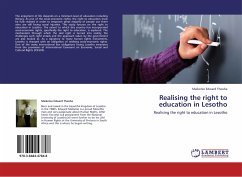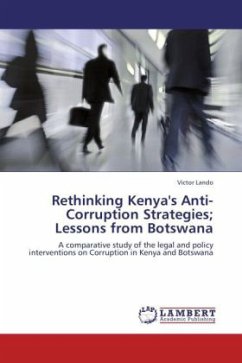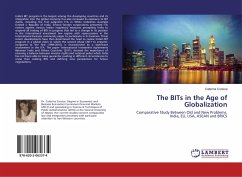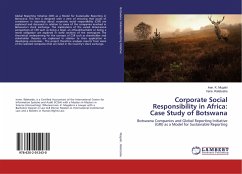This book examines the political philosophy, methods, structures and rules of engagement in labour relations in Botswana, Lesotho and Swaziland, within the socio-legal and historical context of each country. It asserts that there is an indisputable connection between the past colonial state and the post-colonial state. Adopting a 'law in context' approach, the study focuses on the central institutions that offer insight into the command and control inherent in labour legislation. It also examines the impact of these institutions in finding solutions to societal problems. By focusing on the central institutions of substantive law, it demonstrates the weakness of law's claim to autonomy. Throwing a searchlight on workplace relations in Southern Africa and the effects of government interventions, the investigation serves as a valuable resource for sociologists, historians, teachers and students of labour law and those involved in industrial or work place relations.
Bitte wählen Sie Ihr Anliegen aus.
Rechnungen
Retourenschein anfordern
Bestellstatus
Storno

